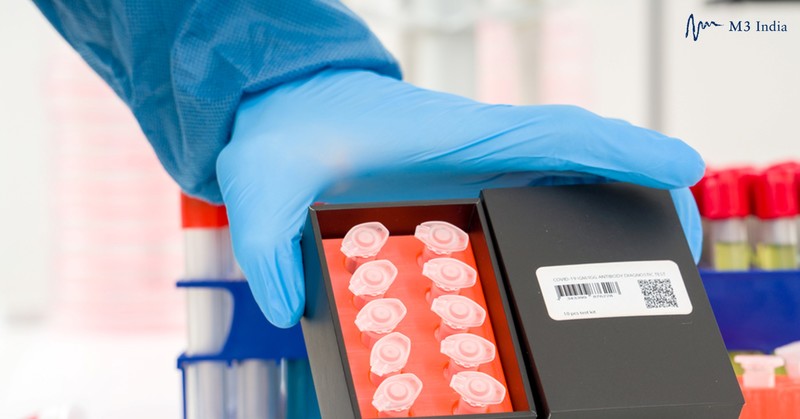As SARS-CoV-2 has the potential to mutate, it is important to check the efficacy of current diagnostic tests, say York University researchers, who found seven out of 27 methods had potential sequence mismatch issues that may lead to underperforming or false-negative COVID-19 test results.
For our comprehensive coverage and latest updates on COVID-19 click here.

Many of the tests were developed early in the outbreak when the virus was first identified and sequenced. The researchers say it is important to re-evaluate them periodically to ensure they still work.
"COVID-19 tests use polymerase chain reaction (PCR) assays to diagnose the virus in patients, but if those assays are mismatched due to genetic variability in the viral genome, that raises the concern that the tests may not be detecting all the circulating variants of the virus and results could be inaccurate," says York research associate Kashif Aziz Khan, corresponding author of a new study published today in the journal Royal Society Open Science with Associate Professor Peter Cheung of the Faculty of Science.
